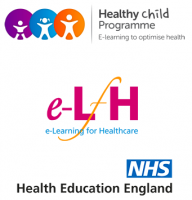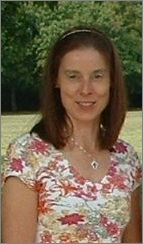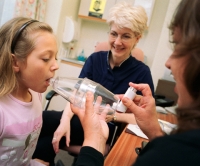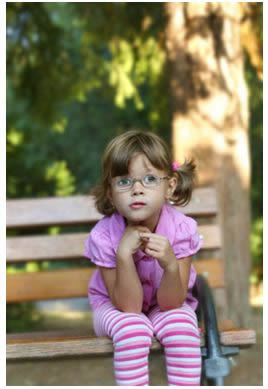Surveillance and Health Promotion course



This session explores the transition from early years to school entry at Reception. It will focus on the universal health assessment and health promotion components that are available to all primary school children as part of the Healthy School Child (HSC) programme 5-12 years. Note that the term HCP is used in this session to refer to the Healthy Child Programme and should not be confused with other terms such as 'Healthcare Professional' and “Health Care Plan' also known as HCP.
Learning objectives
By the end of this session you will be able to:
- Explain the benefits of the Healthy Child Programme 5-12 years
- Describe the universal components of the Healthy Child Programme 5-12 years, and understand the importance of robust transition from the Healthy Child Programme in Early Years (0-5 years)
- Explain the ways in which universal surveillance can be delivered in schools
- Describe programmes of sensory surveillance for hearing and vision screening
- Describe assessment and support for specific groups such as transient, immigrant and looked after children
- Describe delivery of core elements of health promotion
This session uses self assessments that help you check what you have learnt. You do not have to use them and your answers are not seen by anyone else.
Mary is currently Consultant Nurse for Public Health in Children’s Community Health Services covering Cumbria. She is redeveloping the delivery of childhood immunisation for 0-19s in Cumbria, as well as working in partnership to improve health outcomes for Looked After Children, implement an Early Intervention Speech, Language & Communication project in Barrow in Furness in partnership with twenty primary schools, and redevelop the model of Children’s Community Nursing.


Elaine is seconded from Hillingdon Community Health CNWL where she is a School Nurse Team Leader and Programme Lead in Public Health. As part of the Public Health Team, Elaine is Nurse Lead for the PSHE CPD Programme and is Lead Nurse for Childhood Obesity in Hillingdon. Elaine also gained a Queens Nursing Institute Award for the Loss and Grief support programme Seasons for Growth in 2002 and is a National Trainer for the programme. Elaine subsequently gained the title Queens Nurse for her work demonstrating Leadership in the Community.

- Acute Medicine | Palliative care | Assessment and ...
- Posted By eIntegrity Healthcare e-Learning
- Posted Date: 2025-01-02
- Location:Online
- This session provides a framework for recognising and managing agitation in patients with advanced illness. It was reviewed by Felicity Wood and Sarah Hanrott and last updated in May 2023.
- Acute Medicine | Palliative care | Agreeing a plan...
- Posted By eIntegrity Healthcare e-Learning
- Posted Date: 2025-01-02
- Location:Online
- Once the patient's symptoms have been assessed a working diagnosis can be made. The clinician can then propose a plan for improving symptoms, discussing any advantages, disadvantages and practicalities with the patient. This session examines some of the
- Acute Medicine | Palliative care | Agitation and r...
- Posted By eIntegrity Healthcare e-Learning
- Posted Date: 2025-01-02
- Location:Online
- This session provides a framework for assessing and managing agitation and restlessness in the dying phase, an experience which can be highly distressing for both patients and families. Poor management of this symptom is a frequent cause for admission and
- Acute Medicine | Oncology | Acute back pain - mali...
- Posted By eIntegrity Healthcare e-Learning
- Posted Date: 2025-01-02
- Location:Online
- This session considers the assessment, investigation and management of acute back pain, the causes of acute back pain and the specific management of spinal cord compression due to malignant disease.
- Acute Medicine | Neurology | First fit: Investigat...
- Posted By eIntegrity Healthcare e-Learning
- Posted Date: 2025-01-02
- Location:Online
- This session reviews adult first fit presentations, including the characteristic features of different epileptic seizures, when to admit to hospital, anti-epileptic therapy and important information to give patients.







